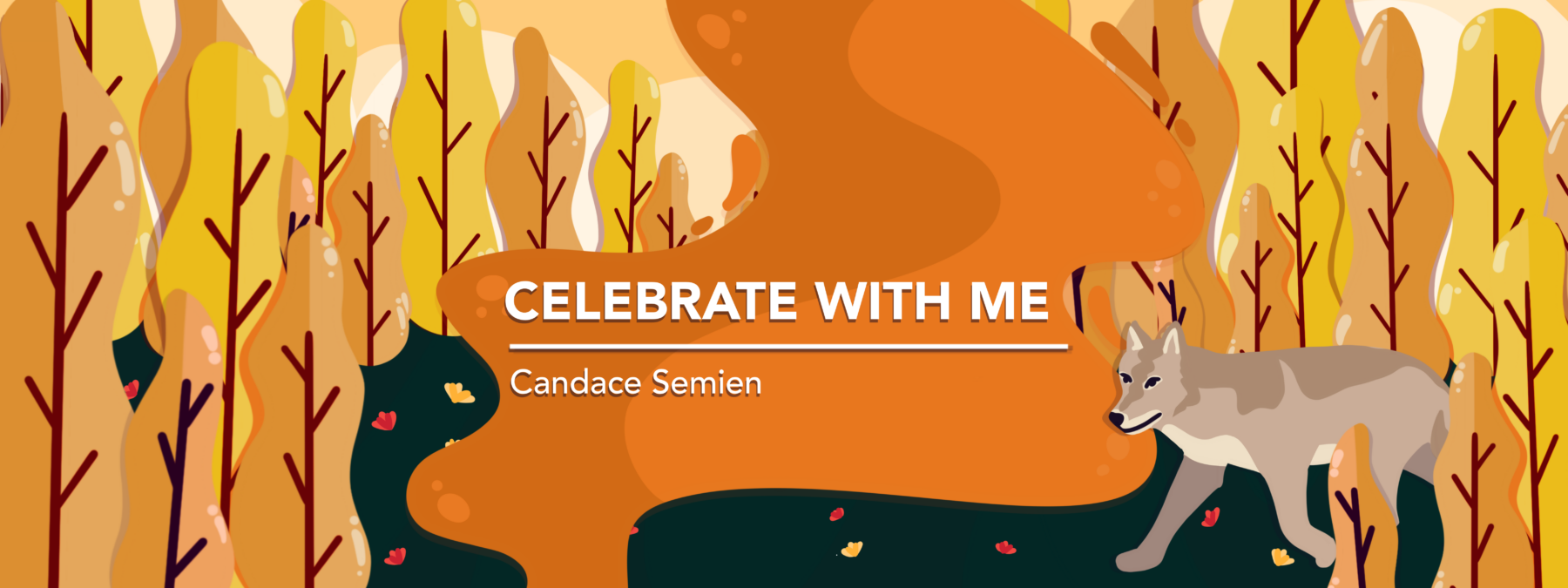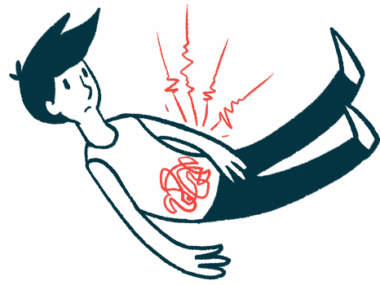Chasing reading hypnosis to better manage lupus flares
Finding ways to engage with stories, despite cognitive challenges
Written by |

Few things are more enjoyable to me than reading and listening to great stories. Reading until I’m practically hypnotized is top-tier entertainment.
In the physical process of reading, the eyes move left to right, capturing paragraphs and pages that trigger imaginative connections of sounds, emotions, and images. Our energy shifts with a character’s impulsive behavior or an unexpected plot twist.
Well-crafted memoirs and narratives can also prompt clarity and introspection. It’s how the rhythm of alliteration or poetry can make sound waves in our mind.
The way the brain conjures numerous sensations while we read about fictitious worlds is truly hypnotic. Some people refer to this phenomenon as reading hypnosis. It might happen when a young boy has his nose stuck in a manga series, or a grandmother studies her Bible. A father might be zoned in on a baseball biography, or a teen might squeal in shock at a mystery series.
It’s pretty magical how intangible ideas can become physical experiences through reading. The brain is fascinating, and to me, reading hypnosis is addictive.
How stories get me through
But what happens when illnesses like systemic lupus erythematosus, mixed connective tissue disease, and Sjögren’s syndrome hammer your ability to read? What do you do when attacks cause cognitive or neurological issues?
For me, this impaired ability becomes evident during the rough spikes of flares. At one point, I was in and out of the hospital so frequently that I had to keep an overnight bag packed in case I was admitted for an extended stay. I included a Walter Mosley novel, word search book, and reporter’s notebook. I didn’t care that the disease activity had threatened to take reading and writing from me.
Pain and pleurisy slowed my reading comprehension. Cycles of vomiting and locked joints limited my writing. Not having the strength to connect with stories just added to the flare’s brutality. Yet watching television didn’t deliver the same type of hypnosis I get from reading.
Disappointed, I reluctantly downloaded the OverDrive app (now called the Libby app), added my library card, and searched for Mosley in audiobook format.
Hot tamales!
The world of stories reopened. In the hospital and unresponsive to an opioid drip, I flashed back to toddler me, who was enchanted by LeVar Burton and “Reading Rainbow.” Right then, I found a respite amid the flares and a temporary fix for my reading addiction. Now, the audiobook narrators and producers on Libby and Libro.fm have become a part of my wellness team. They are reading interventionists who help me hold on to one more thing that lupus wears down. I am grateful.

Selected novels and resources for people living with lupus. (Photo by Candace J. Semien)
I’m currently curating a list of books about living with and defeating — dare I say “curing”? — lupus. Here are a few:
- “Reel” by Kennedy Ryan, a romantic fiction in which the main character experiences her first lupus flare and diagnosis. Whew! Prepare for reading hypnosis.
- “My Mother’s Butterfly,” a children’s book by Amber Marie Martin.
- “Goodbye Lupus” by Brooke Goldner.
- “A Body Out of Balance: Understanding and Treating Sjögren’s Syndrome” by Ruth Fremes and Nancy Carteron.
- “Sacred Pampering Principles: An African-American Woman’s Guide to Self-Care and Inner Renewal” by Debrena Jackson Gandy.
- “Activate Your Vagus Nerve” by Navaz Habib.
- “Starving the Wolf: A Victory Over Lupus” by Karen Quiros.
- “The Autoimmune Solution Cookbook” by Amy Myers.
- “The Lupus Book: A Guide for Patients and Their Families” by Daniel J. Wallace.
- “The FibroManual: A Complete Fibromyalgia Treatment Guide for You and Your Doctor” by Ginevra Liptan.
- “The Book of Lymph: Self-Care Practices to Enhance Immunity, Health, and Beauty” by Lisa Levitt Gainsley.
With lupus, you have to frequently realign yourself in order to maintain your personality, purpose, and smile. Yes, it may seem like a constant fight for your life. But it is worth celebrating that something has tried to kill you and has failed. Go grab a book and celebrate with me.
Note: Lupus News Today is strictly a news and information website about the disease. It does not provide medical advice, diagnosis, or treatment. This content is not intended to be a substitute for professional medical advice, diagnosis, or treatment. Always seek the advice of your physician or other qualified health provider with any questions you may have regarding a medical condition. Never disregard professional medical advice or delay in seeking it because of something you have read on this website. The opinions expressed in this column are not those of Lupus News Today or its parent company, Bionews, and are intended to spark discussion about issues pertaining to lupus.







Celia Hirschman
Thank you for this writing. It reminded me I too have a reading disorder. I have a slightly different issue that I've had all my life and wonder if it's related to lupus. It's a cognitive issue with my brain when I read or write. I begin to brown out into an altered state and can't keep focus. I lose time but I'm conscious at the same time. I can hear myself thinking - gotta get back to the page - and eventually I do.Could be 30 seconds or 3 minutes. And this is coming from someone who wrote professionally. Very challenging! I've been checked neurologically all different ways and they haven't found anything odd. Anyone else have this problem?
Angela Sadler
Candace, Thanks so much for sharing! And I completely agree with you. Agatha Christie and Jane Austen, C.S. Lewis, and Tolkien, to name a few, are often my best friends during those tough days (well, except for my hubby and cat, lol). Your article is a most excellent read!
Pam Null
I have the same problem with reading as Celia Hirschman. I start something and soon into the reading my mind start to wonder off on something I’ve read that reminds me of something else that is in my memory and before I realize it 30 minutes or so have passed and I’m still on the same sentence. It’s so frustrating trying to read a book.
Carol Wright
I have Lupus, II would like to know if their is anything that can "take it down" mine was toooo high. Please I would like to know.
Carol Wright